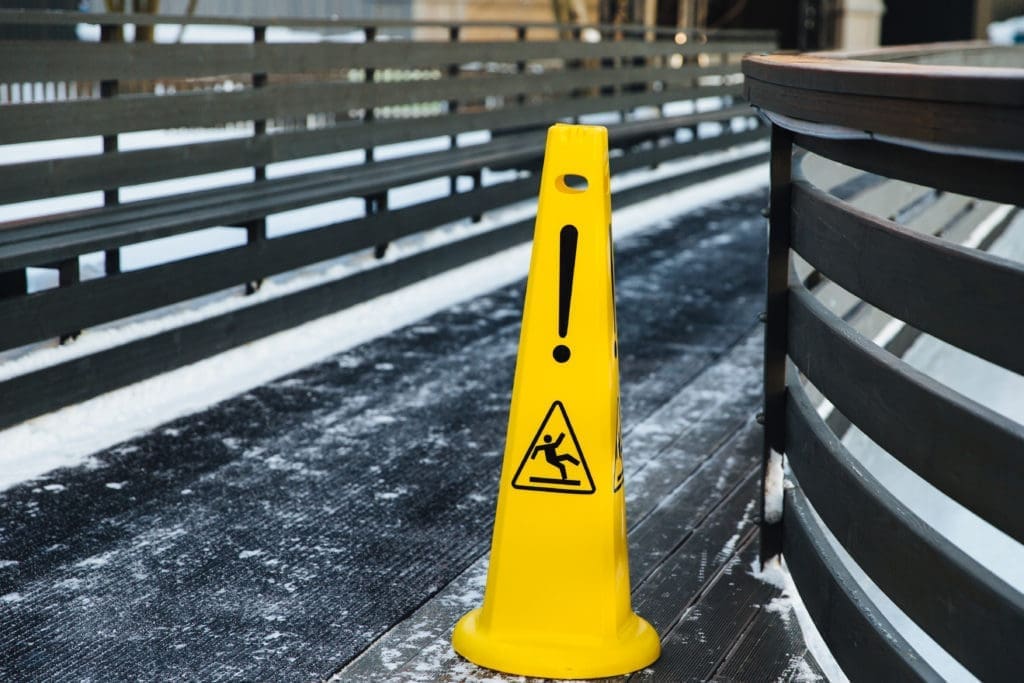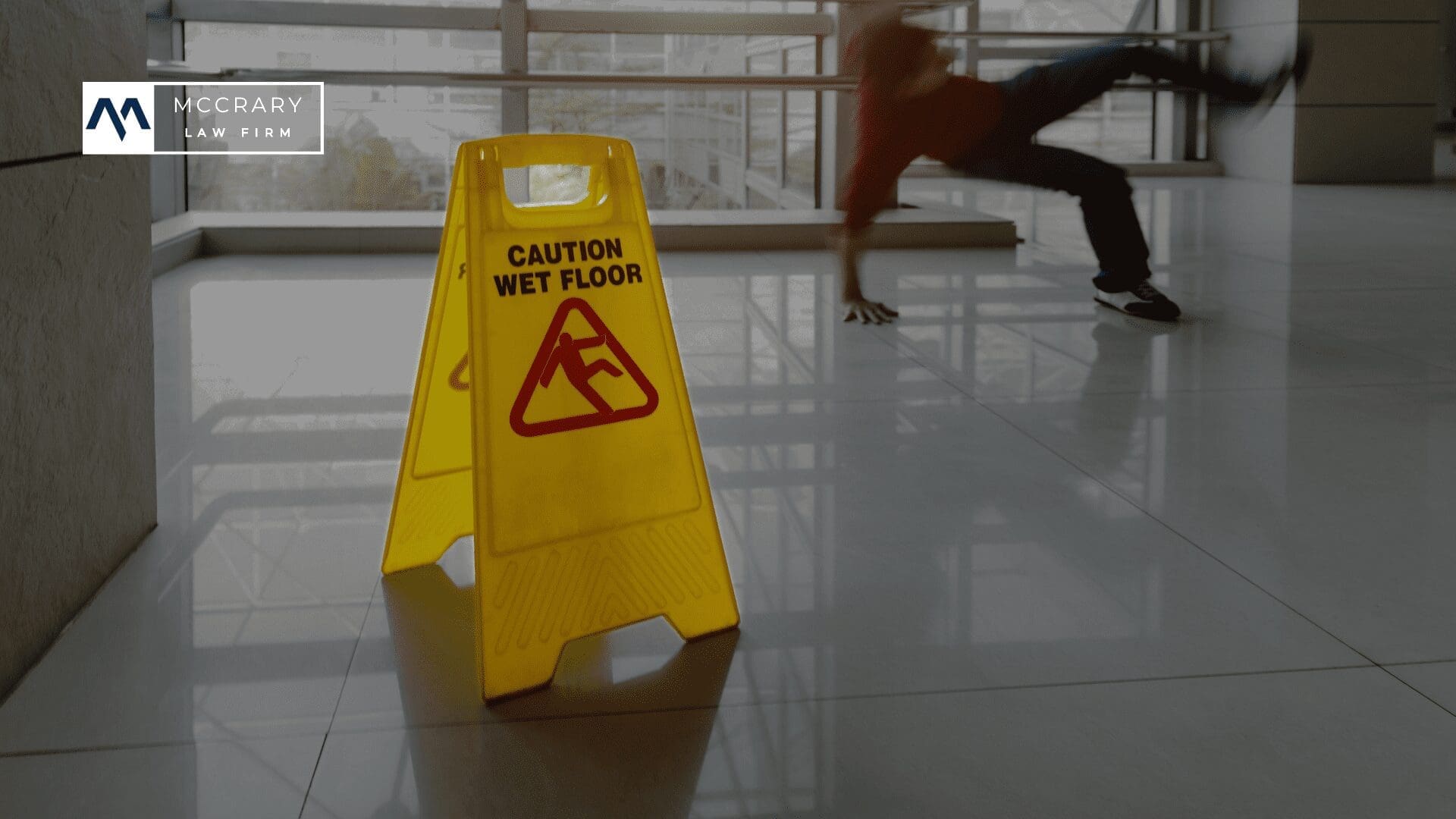If you’ve suffered a slip and fall accident in Colorado—whether it’s in Denver, Boulder, or Aurora or anywhere else—it’s crucial to grasp your rights and the avenues available for compensation. The legal landscape surrounding such incidents can be intricate, and many victims often find solace in the guidance of a seasoned slip and fall attorney. This guide delves deep into Colorado’s slip and fall regulations, offering insights pertinent to each of these regions and ensuring you’re equipped with the knowledge to navigate the complexities of personal injury rights in the state.
1. Introduction to Slip and Fall Accidents
Slip and fall incidents are among the most frequent types of accidents that occur daily in the United States. They can happen anywhere, from grocery stores and gyms to workplaces and even just while walking down the street. The aftermath of such accidents can range from minor injuries to severe consequences, including significant medical bills, loss of income, and emotional distress.
Understanding the legal implications of these accidents is crucial if you find yourself a victim. This guide will provide a comprehensive overview of Colorado slip and fall rights, explaining how to pursue a claim, what to expect during the process, and how a Colorado personal injury lawyer can help.
2. Legal Framework: The Colorado Premises Liability Act
In Colorado, slip and fall cases fall under the Colorado Premises Liability Act (PLA). This law outlines the responsibilities of property owners towards individuals who enter their property and the legal recourse available to victims if those responsibilities are neglected.
2.1 Plaintiff Classification under PLA
Pursuant to Colorado premises liability laws, a person injured on another’s property is classified into one of three categories based on the reason they were on the property:
- Trespassers: Individuals who enter or remain on the property without the owner’s consent.
- Licensees: Usually social guests who enter or remain on a property with the owner’s permission.
- Invitees: Typically customers or tenants. If you’re shopping at a store or renting an apartment, you’re considered an invitee.
The PLA sets the corresponding types of recovery available for each classification. Property owners owe invitees the highest level of duty of care, meaning they have a better chance of receiving compensation for a premises liability claim. Conversely, a trespasser may only recover damages deliberately caused by the landowner. Cases involving licensees can be more challenging legally, as property owners owe them only a limited duty of care.
2.2 Duty of Care, Breach, Causation, and Resulting Harm
For a successful lawsuit, it’s necessary to prove that the defendant(s) acted negligently (or intentionally, in the case of trespassers) and that all components of negligence were present—duty, breach, causation, and damages/harm.
If you’re a plaintiff in a slip and fall lawsuit, you’ll need to prove that:
- The person(s) being sued owed you a duty of care, based on your legal status.
- They breached that duty of care.
- The breach led to your injury; and
- You sustained injuries that can be quantified in monetary damages.
The standards of care owed to each plaintiff status are outlined by the PLA. In broad terms, trespassers can only seek compensation for damages willfully caused by the property owner. Licensees may recover for damages caused by the property owner’s failure to use reasonable care concerning known dangers or the unreasonable failure to warn of dangers not created by them and not ordinarily present on the property. Invitees, on the other hand, may be compensated for damages caused by a landowner’s failure to use reasonable care to protect against dangers they knew about or should have known.
To determine whether the defendant(s) breached their duty of care, the jury applies the “reasonably prudent person” standard. A person is found to have acted negligently if their conduct deviates from what a reasonable person of ordinary prudence would do under the same circumstances.
Establishing causation—that the breach of duty of care led to the injury—is another essential legal requirement. To prove that the breach of the duty of care was the legal cause of your injury, you’ll need to show a close connection between the defendant’s conduct and your resulting injury.

2.3 Documenting the Injury and Scene
You’ll need to document the nature and extent of your physical injury after a fall. Keep all relevant medical paperwork organized and accessible. If possible, photograph the scene and any damage you’ve sustained. This evidence can be critical in building a strong case, especially in slip and fall cases, which often require meticulous evidence collection.
An experienced personal injury attorney can help you navigate these challenges, offering advice on the steps you’ll need to take to achieve the best possible outcome.
3. Types of Damages in Slip and Fall Accident Cases
Depending on the specific circumstances of your slip and fall accident, you may be able to recover economic as well as non-economic damages related to the injuries you sustained due to the defendant’s breach of duty of care:
- Economic Damages relate to specific damages such as medical and rehabilitation bills, loss of income, and future wages.
- Non-Economic Damages: These include compensation for subjective, non-monetary losses like pain, suffering, inconvenience, emotional distress, loss of society and companionship, and loss of enjoyment of life.
In exceptional cases involving egregious behavior by the defendant, you may also be awarded punitive damages, intended to punish the liable parties and deter them from repeating the conduct or wrongdoing that led to the injury.
4. Comparative Negligence in Colorado Slip and Fall Cases
Colorado law uses a modified comparative fault rule in determining how damages are awarded and adjusted. This principle, known as comparative negligence, provides that when an accident occurs, the fault or negligence of each party involved is based on their respective contributions to the accident.
If it’s found that your injury was partly due to your inattention, poor decision-making, or illegal activity, your damages may be reduced by your percentage of fault. If you are found to be 50% or more responsible for the incident leading to your slip and fall, you may not recover any compensation at all from the other party.
5. Common Defenses in Slip and Fall Cases
Property owners often resort to one of two defenses in slip and fall cases:
- They were not negligent in their conduct.
- The accident and resulting injury were your fault.
In the first instance, property owners attempt to show that they exercised reasonable care in maintaining their property, arguing that the cause of the injury was out of their control. In the second scenario, defendants often claim that the injured party was actually responsible (or partly responsible) for causing their own accident. This defense is based on the fact that we are all required to exercise due care to avoid injuring ourselves, and failing to do so means that others should not be held accountable for our negligence.
6. Statute of Limitations for Colorado Slip and Fall Cases
In most cases, you have two years from the date of the accident to file a slip and fall lawsuit in Colorado. However, there are exceptions:
- If a slip and fall accident leads to a fatal injury, resulting in a wrongful death claim, the action may be brought within two years from the date of death, which may not be the same as the date of the accident.
- If the responsible party is a governmental entity, deadlines are significantly shorter. You must send the correct governmental entity a notice of claim, meeting a series of strict requirements, within 180 days of your accident.
Given the many laws and requirements applicable to slip and fall cases and the pressing time limitations for filing your action, it’s best to seek professional advice as soon as possible.
7. Colorado Slip and Fall Rights: Legal Help
Experiencing a slip and fall accident in Colorado, whether it be in Boulder, Aurora, or Denver, can be a traumatizing event, both physically and emotionally. Beyond the immediate pain and distress, victims often grapple with mounting medical bills, lost wages, and the complexities of the legal system specific to each city.
If you’ve found yourself in such a situation, it’s vital to know that the law might be on your side. You could be eligible for compensation to cover these costs and more. Seeking the expertise of a specialized attorney, familiar with the nuances of Boulder, Aurora, and Denver jurisdictions, can be invaluable.
At The McCrary Law Firm, we possess a deep understanding of personal injury laws across these cities. Our team of dedicated attorneys is adept at untangling even the most complex cases, ensuring that residents from any of these areas get the best possible representation. We’re not just committed to securing the best possible compensation for you; we’re dedicated to assisting you in reclaiming a sense of normalcy and peace after such unsettling events
8. Steps to Take After a Slip and Fall Accident
Knowing what to do after a slip and fall accident can significantly impact the outcome of your case. Here are some steps to take:
- Seek immediate medical attention
- Report the accident to the property owner or manager
- Take pictures of the accident scene
- Obtain contact information for any witnesses
- Document your account of the events
- Preserve potential evidence
- Avoid giving a formal statement to the insurance company
- Avoid discussing the accident on social media
- Follow through with additional medical care
- Consult a slip and fall lawyer
9. FAQs on Colorado Slip and Fall Rights
Understanding your rights and options after a slip and fall accident can be overwhelming. Here are some frequently asked questions to help you navigate the process:
- What is the Colorado Premises Liability Act? The Colorado Premises Liability Act is the law that outlines the responsibilities of property owners towards individuals who enter their property. It also provides the legal recourse available to victims if those responsibilities are neglected.
- What do I need to prove in a slip and fall lawsuit? You’ll need to prove that the person(s) being sued owed you a duty of care, they breached that duty of care, the breach led to your injury, and you sustained injuries that can be quantified in monetary damages.
- What is comparative negligence? Comparative negligence is a principle providing that when an accident occurs, the fault or negligence of each party involved is based on their respective contributions to the accident.
- What is the statute of limitations for a slip and fall lawsuit in Colorado? The general rule is that you have two years from the date of the accident to file a lawsuit. However, there are exceptions for cases involving fatal injuries and cases where the responsible party is a governmental entity.
10. Final Thoughts
Dealing with a slip and fall accident can be a challenging and stressful experience. Understanding your Colorado slip and fall rights can empower you to take the necessary steps towards securing the compensation you deserve. It’s important to seek the advice of a Boulder slip and fall attorney who can guide you through the legal process and ensure your rights are protected every step.
If you’ve been injured in a slip and fall accident, contact The McCrary Law Firm today. Our Denver premises liability experts are ready to help you navigate your Aurora slip and fall injury claim and secure the Colorado fall accident compensation you deserve. Trust our Boulder personal injury lawyer to guide you through your Denver slip and fall accident case.
Our clients have consistently praised our commitment to providing exceptional legal services. One client stated, “Sean McCrary was hands down the best person that could have handled my case.” Another shared, “Sean did an excellent job working on my case, and keeping me informed on the case. Sean quarterbacked and led me through the whole situation.”
Don’t wait—contact us today to discuss your case and take the first step towards justice.
